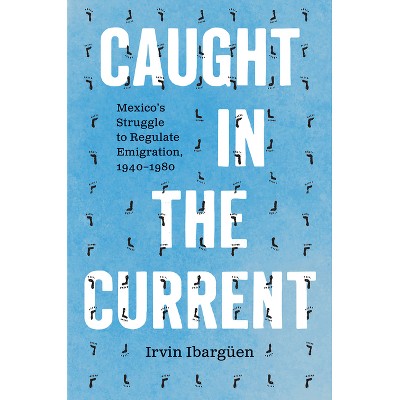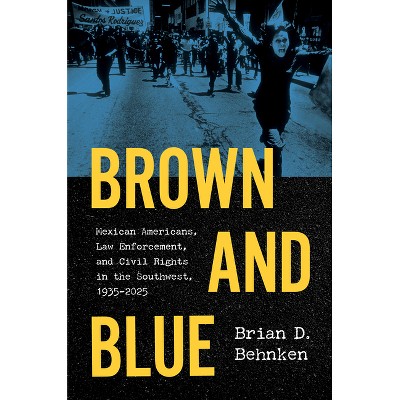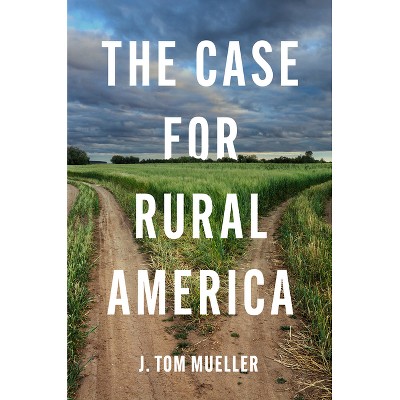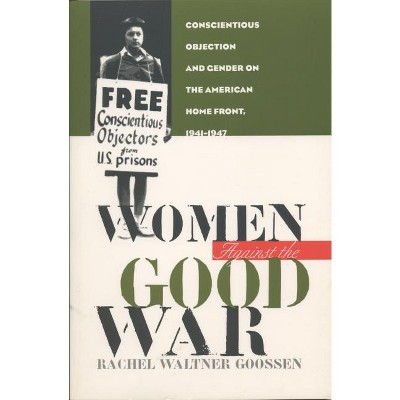About this item
Highlights
- While the war on terror has been America's largest and most publicized attempt to root out foreign enemies this century, the quest to identify and destroy real or imagined threats to national security has long been a part of US history.
- About the Author: Michael E. Neagle is professor of history at Nichols College.
- 222 Pages
- History, United States
Description
Book Synopsis
While the war on terror has been America's largest and most publicized attempt to root out foreign enemies this century, the quest to identify and destroy real or imagined threats to national security has long been a part of US history. Indeed, since the onset of the United States' overseas empire at the dawn of the twentieth century, it has pursued enemies in places of strategic interest around the globe: the remote islands of the Philippines, the US southern border, hemispheric hot spots in Central and South America, and the greater Middle East.
The common depiction of these kinds of foes--private actors who did not formally represent the countries they fought for--has maintained a remarkable consistency over time. The only difference is that enemies who used to be called "bandits" then are now more often referred to as "terrorists." The widespread use of such terms, which connote an illegitimacy of both cause and means, also has served to blunt deeper considerations of US foreign engagements. Drawing on six case studies, Michael E. Neagle spotlights the commonalities of how the United States has leveraged popular understandings of "bandits" to justify incursions abroad as well as rally popular and political support at home.
Review Quotes
"A much-needed addition to American military history. With careful analysis and brisk, lively prose, Chasing Bandits tells the stories of how the United States battled irregular guerillas, insurgents, and terrorists for a full century before al-Qaeda's 9/11 attacks." --Aaron B. O'Connell, author of Underdogs: The Making of the Modern Marine Corps >
"Neagle's book offers much-needed context for the war on terror, particularly by linking American ideas about irregular warfare to US interventions in Latin America. A must-read for students of terrorism, US-Latin American relations, and US military history." --Joseph Stieb, author of The Regime Change Consensus: Iraq in American Politics, 1990-2003
About the Author
Michael E. Neagle is professor of history at Nichols College.











